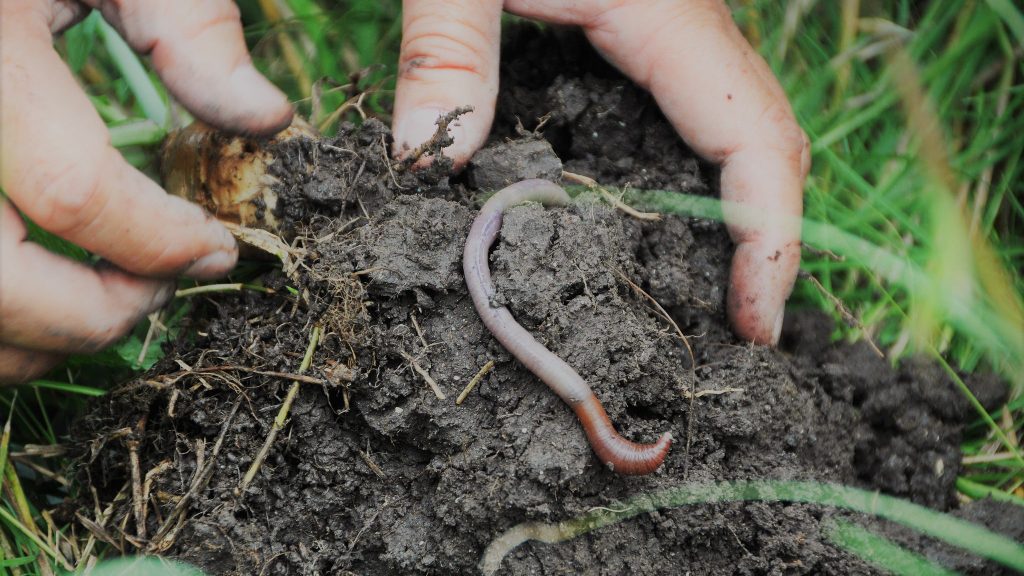Joint forces against highly invasive Fall Armyworm Pest
Reblogged from plantix. PEAT, CABI and ICRISAT launch the first live tracking tool for Fall Armyworm (FAW) in India. The Fall Armyworm is a very invasive pest which is highly destructive to more than 80 plant species. The pest is native to America and has conquered the African continent in 2016. Since then, it has…
Update: New Pest & Disease Records (07 September 18)
We’ve selected a few of the latest new geographic, host and species records for plant pests and diseases from CAB Abstracts. Records this fortnight include the first report of Croicidolomia binotalis as a serious pest of Brassica vegetables in Kashmir, India; a new species of Anagyrus from China and a new species of Colletotrichum causing…
The Bugs Are Coming, and They’ll Want More of Our Food
Reblogged from The New York Times Climate change is expected to make insect pests hungrier, which could encourage farmers to use more pesticides. Ever since humans learned to wrest food from soil, creatures like the corn earworm, the grain weevil and the bean fly have dined on our agricultural bounty. Worldwide, insect pests consume up to…
Future-proofing partnerships
The recent International Congress of Plant Pathology (ICPP) in Boston brought together members of the plant health community from all over the world. Large events are a great place to forge new relationships, strengthen existing ones, or simply get everyone together in one place. The importance of working together is always emphasised when all corners…
South African ban on Kenyan avocado imports now lifted
Earlier this month, South Africa’s government announced that it is lifting the decade-long ban on Kenyan avocado imports. This will result in the return of Kenyan avocados to markets in South Africa, and pave the way for the redevelopment of Kenya’s avocado production industry at an international level.
Test your plant health knowledge with the plant doctor quiz
Plantwise plant doctors are at the heart of our plant clinic network providing advice and information to farmers, logging their data for the Plantwise Knowledge Bank, and always adapting to new outbreaks and technologies. Think you’ve got what it takes to be a plant doctor? Take our online quiz and find out!
New study shows that bacteria can be engineered to create their own fertilizer using air
Researchers have successfully engineered bacteria to use nitrogen at night to create chlorophyll for photosynthesis. This new development could reduce the need for human-made fertilizers on agricultural crops, thus reducing the cost and manpower required for fertilizer application.




